‘You might find it a bit isolated,’ she said, with a smile. ‘I don’t think you know what you’re letting yourself in for. It’s quite a journey.’ In a pretty poor attempt to reassure her, I reminded her that as a kid I was a regular visitors to the British Lake District and I’ve lived in Munich, an hour from the Alps, for more than 20 years. ‘I know it’s a bit of a trek,’ I said, ‘but it can’t be that isolated.’
It’s a long trip from Buenos Aires, first to the city of Salta (the best part of a day by road), then many hours more across to the border town of La Quiaca, then to Santa Victoria via winding narrow mountain ‘roads’. It’s more of the same from there to Cañini, marked with the red pin on the map
The first part of the trip was to Buenos Aires via Madrid, an unremarkable if tiresome aeroplane journey. With trains no longer running between the capital and the part-Andean province of Salta and its capital of the same name, we had to then go there by road, which took not far off 24 hours (with regular stops). A few days in a Salta hostel to catch our breath and we were off again, this time to the border town of La Quiaca by bus, an overnight journey of more than 400 kilometres.
La Quiaca is a busy market town bordering Bolivia. People come vast distances to stock up on all sorts of food and other supplies. There are a number of unofficial border crossing points right next to the official one
La Quiaca is as good as in Bolivia, which curiously we soon were, though the visit wasn’t in our plan. Because of demonstrations by the indigenous community in and around La Quiaca related to new laws restricting elements of the right to protest (often related to what indigenous communities say is to defend their territories), our bus had to take a detour. So, we simply walked over the border and caught a taxi to La Quiaca.
People come here from many hours away to buy and sell everything from fruit and veg to fabrics and clothes. In addition, there are numerous stalls and small shops and cafes selling all sorts of food, invariably including chicken empanadas, local breads and - as it’s Argentina - there are asados dotted around. There are a handful of small hotels, though perhaps most noteworthy is the former train station now serving as a marketplace, with the ground floor hosting a market and the upper numerous cafes (incidentally, there are moves to get the train line to La Quiaca reopened, though locals say there is absolutely no chance of local or national money becoming available for this).
From here, Lauro, Nieves’ older brother, picked us up. After after first spending hours buying things in the market and then heading across the border to Bolivia for coca leaves (for the altitude) and a few other essentials, we eventually set off on a spectacular, long winding mountain road journey to our base for the next week, Santa Victoria, an expanding village many hours from any other settlement of more than a handful of people. In recent years, Santa Victoria has become something of a go-to place for indigenous families who used to live in the mountains. Nieves nowadays has various family members living here, with others in Salta and another group in Buenos Aires (if it weren’t for work, they would all be back living in Santa Victoria, each and every one I meet tells me). Santa Victoria residents include Nieves’ remarkable 94-year-old mother, who spent her working life traipsing the mountains here, providing for her family alone (after the early death of her husband) from the living she eeked out tending her cows, who lived on mountain pastures many days’ walk away.
Though rapildy expanded in recent years, the still-small village of Santa Victoria sits in a valley hours away from any other community. Small in August, the river can be a dangerous raging torrent later in the year
From Santa Victoria it’s another three to four hours up and down even more precarious mountainous ways before we reached our final destination: Cañani. Nieves was born in a simple stone building on a mountainside here, 200-300 metres from where her two brothers now have their summer houses. The houses are slightly hidden off the dust-track road’ behind trees and bushes. Also made up of stones, plus familiar corrugated-iron roofs, these summer houses look – and to a degree are – extremely rustic. Running water comes from an outside tap, providing the river has water (which it didn’t when we were there). There is obvioulsy no electricity, and heat for cooking and hot water is via a gas cannister.
But they have fine wooden beds, solid plastered walls and dramatic mountain views that would make the great Romatic painters swoon. Named after the river that runs alongside, Cañini is not a place that is on any map that I can find and, interestingly, even Nieves’ family and friends, many of whom were brought up and spent time working their herds here, struggle to pinpoint it on a map.
The family’s summer houses at Cañini
The Incas and earlier indigenous communities lived up to 6,500 metres high in this region. If I understand correctly, we had reached around 4,500 metres mountains on occasion as we journey from La Quiaca to Santa Victoria and to Canini. At regular intervals we saw condors looking for food; cows and horses lazily munching on grass; and the odd herder moving their animals around the mountains. This is exactly as Nieves had done as a child, by foot or on horseback.
‘You might find it a bit isolated,’ Nieves had said as we set out. I didn’t, though it’s obvious why she was worried about it. It’s about distance and gepgraphy, of course, and the sheer effort involved in getting here. But there is no question that it is worth it.
The endless mountains vistas are breathtaking, the cloudless skies a deep blue and the winding paths are excitingly precarious. As Nieves’ family can testify, it can be hard life in places like Cañini. But confronted with such natural beauty and tranquility on a fleeting visit here, there is very little to do but embrace it, and hope these qualities remain for future generations.










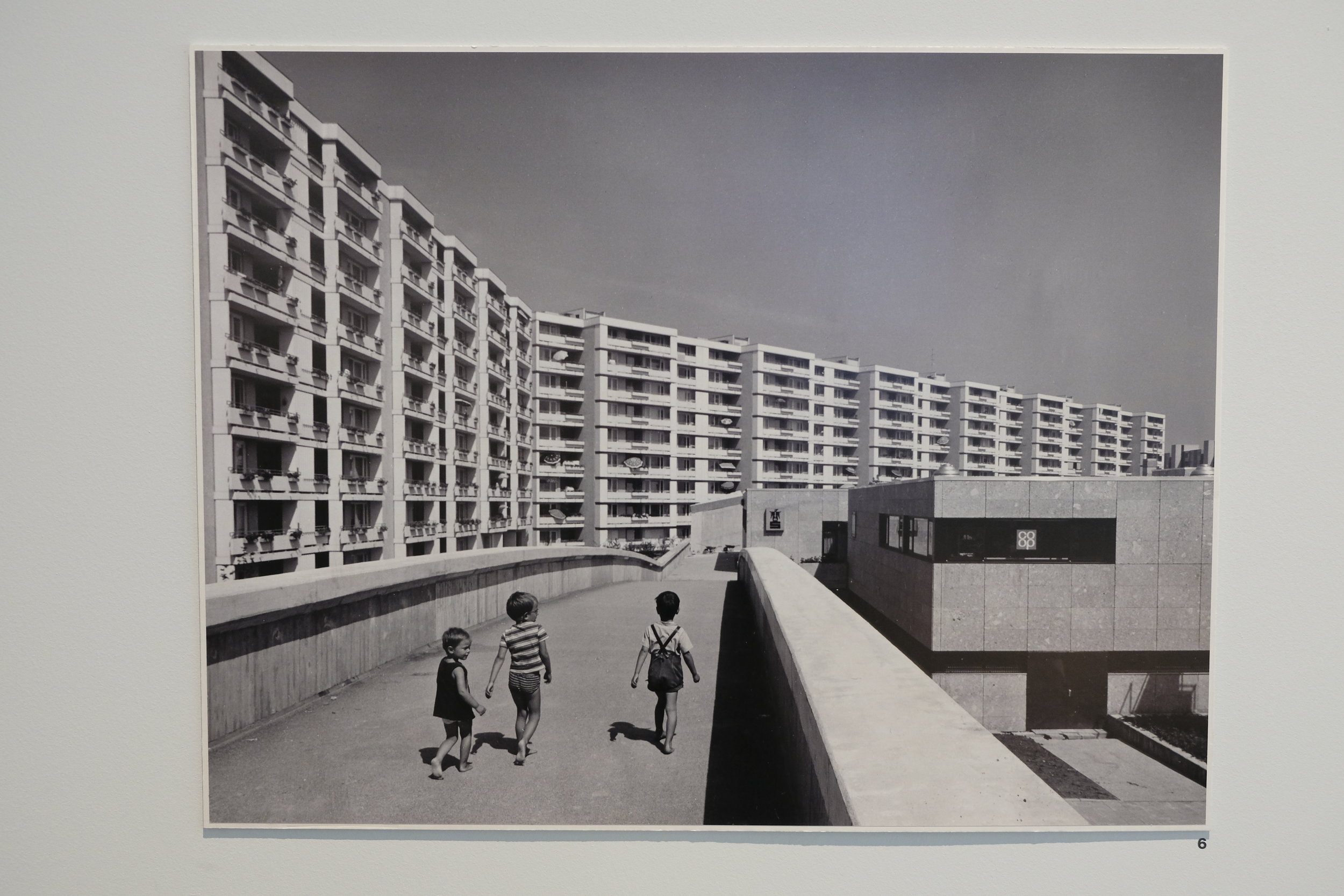
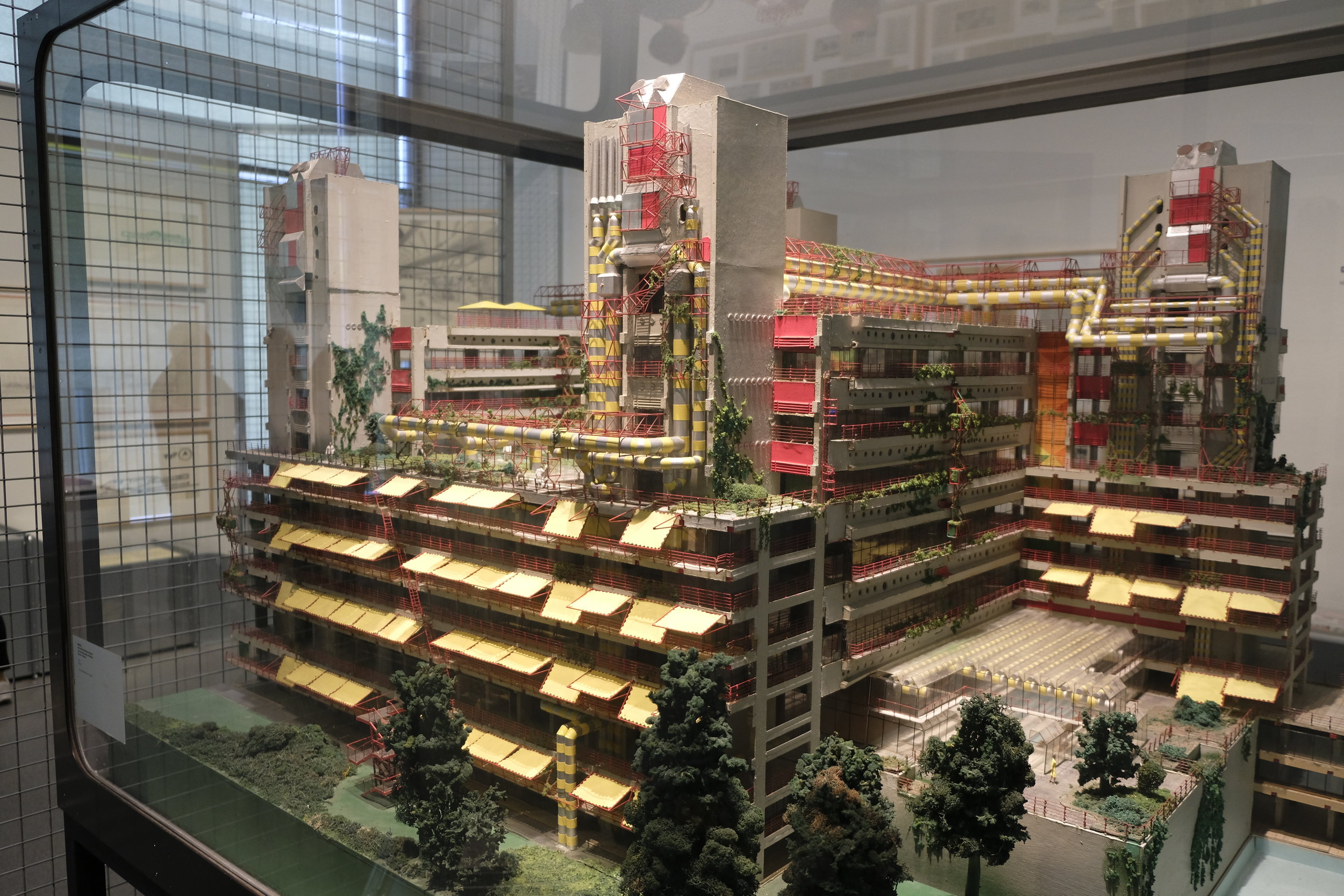
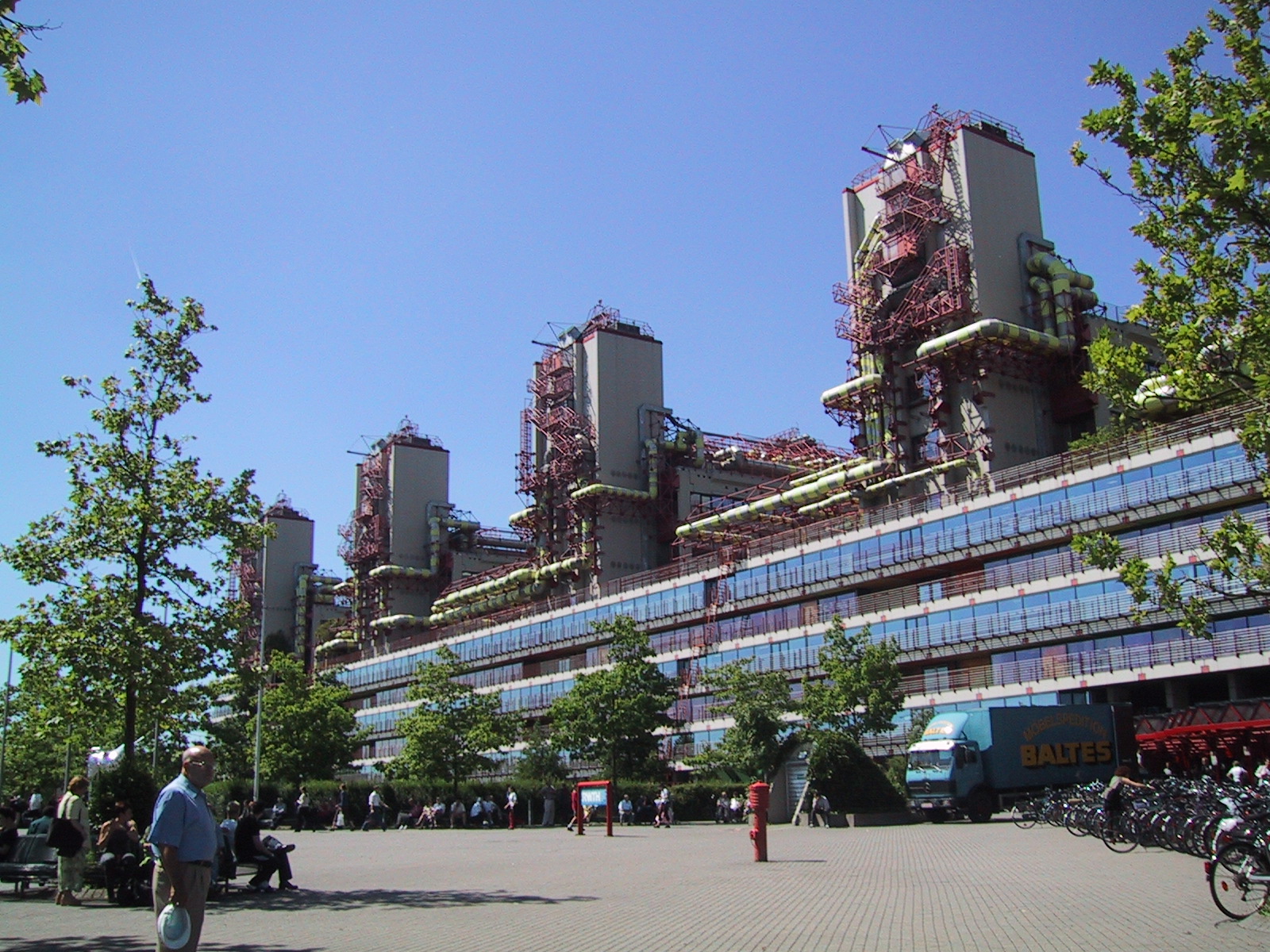
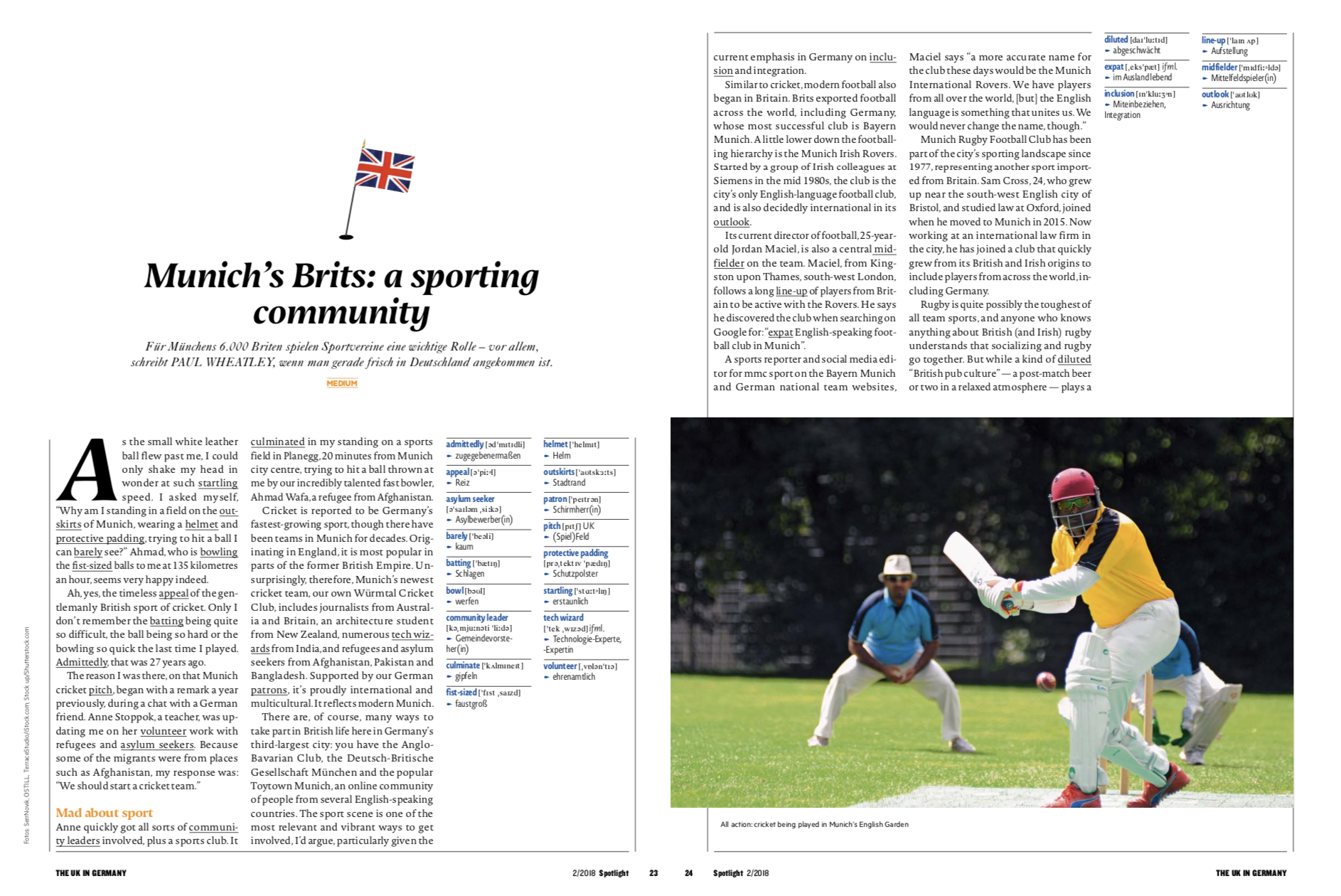
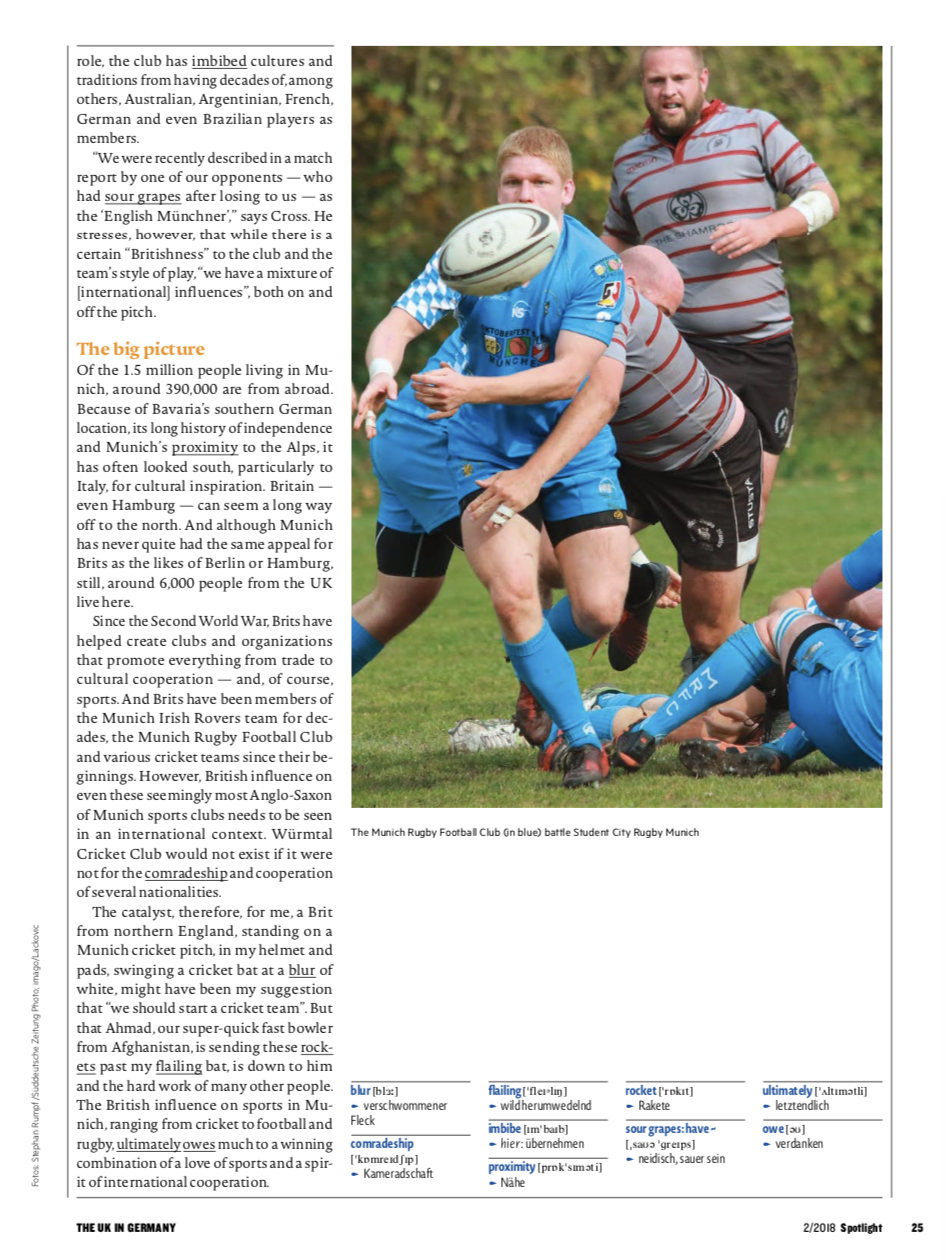

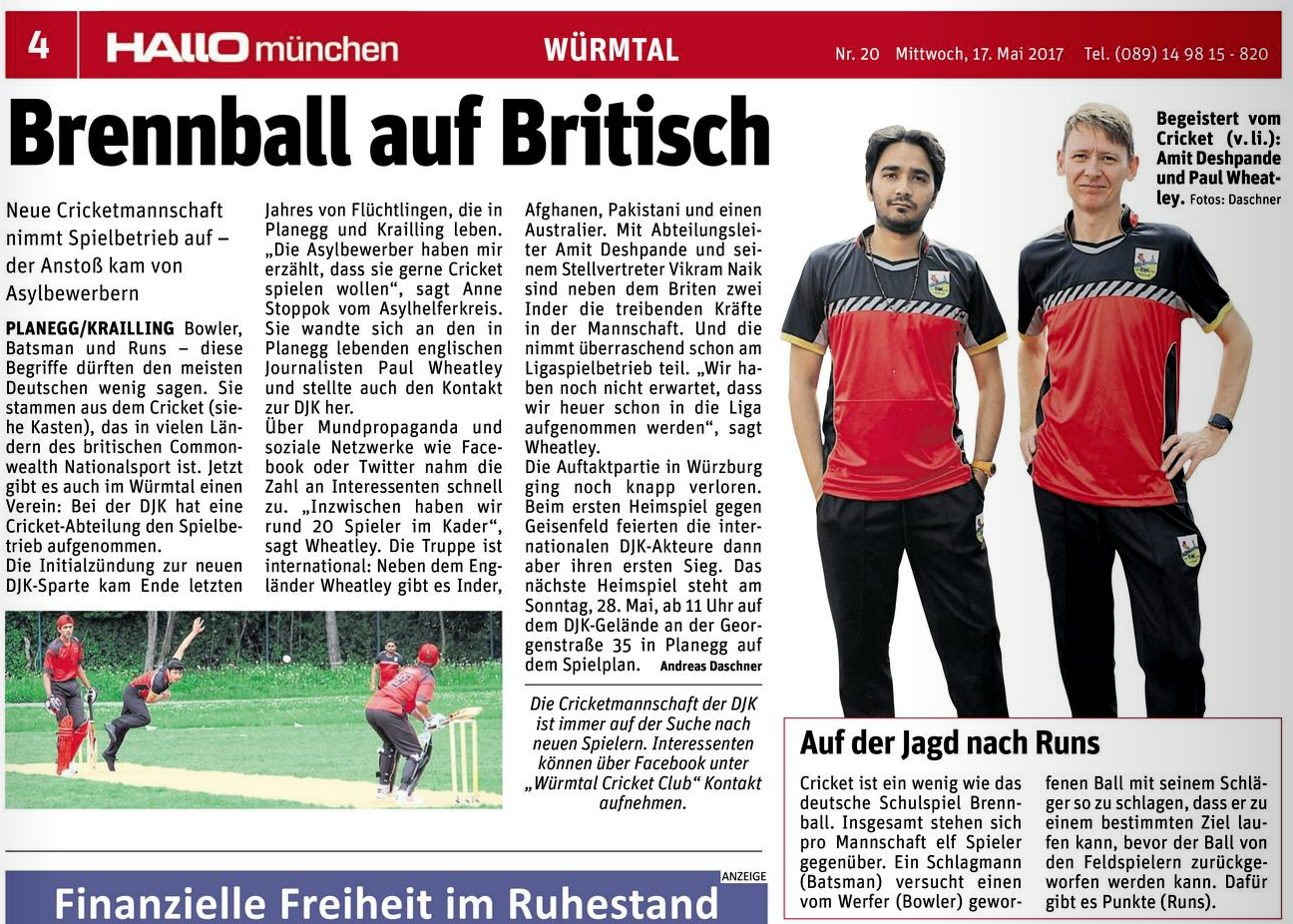
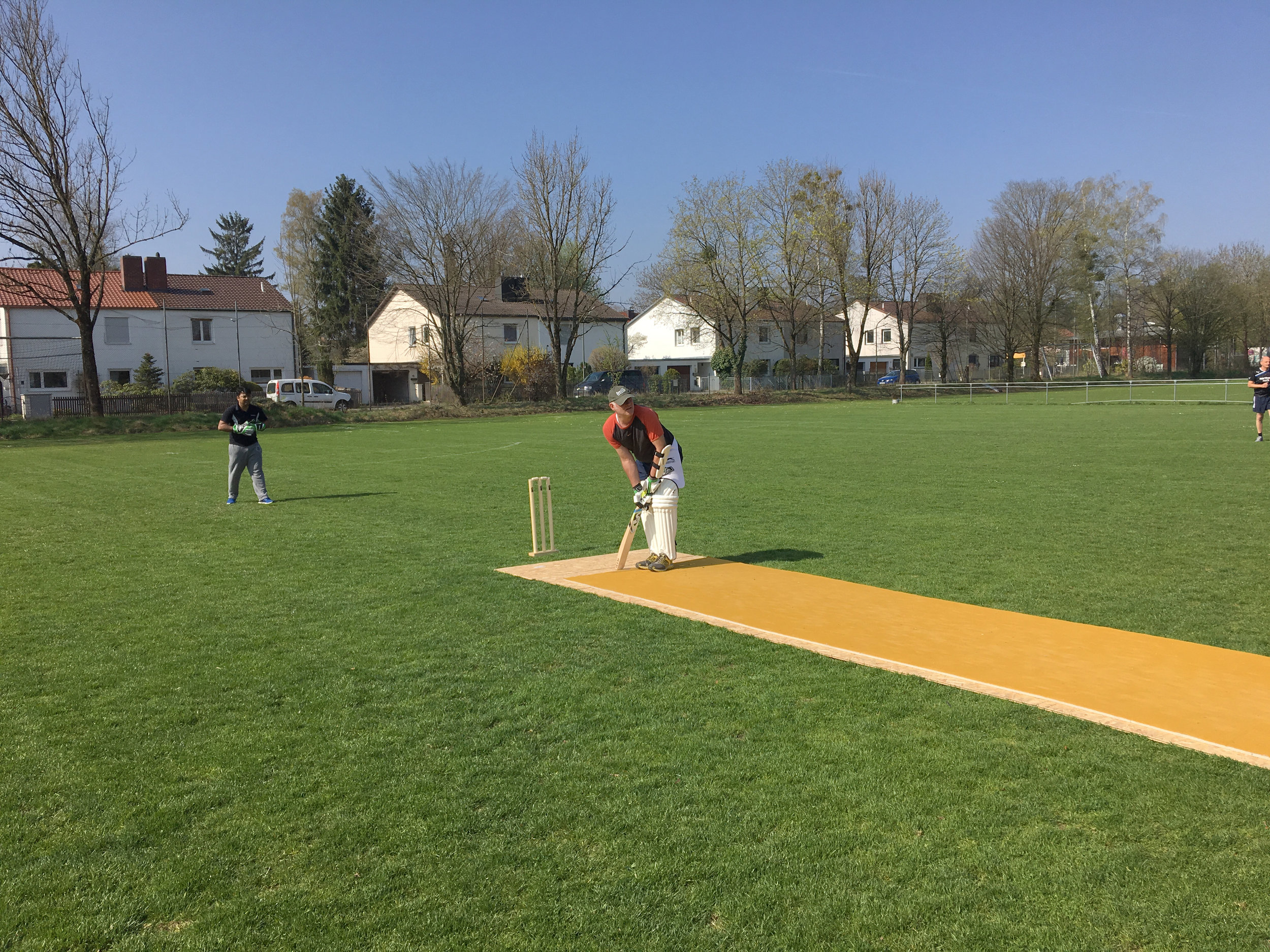
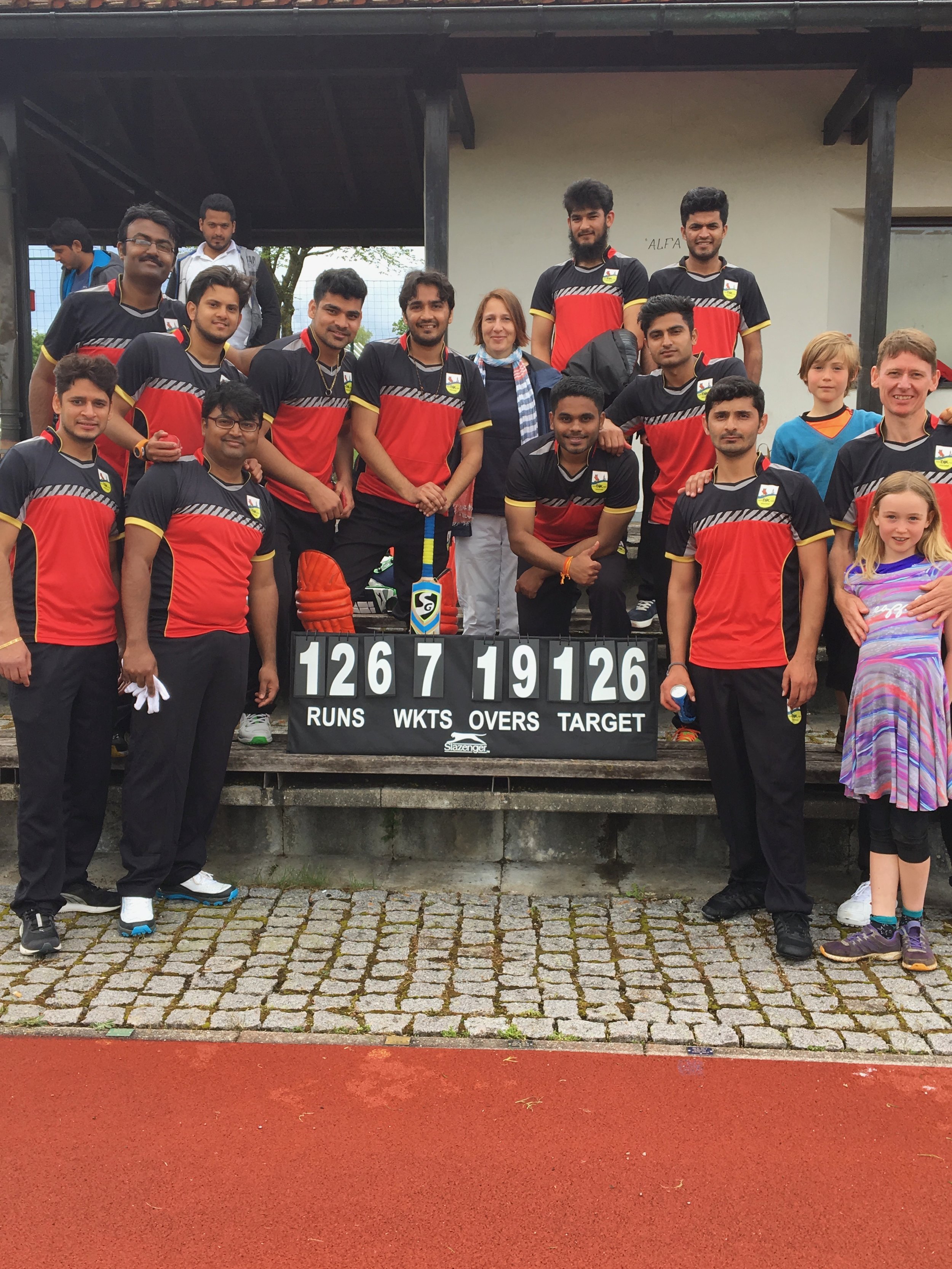
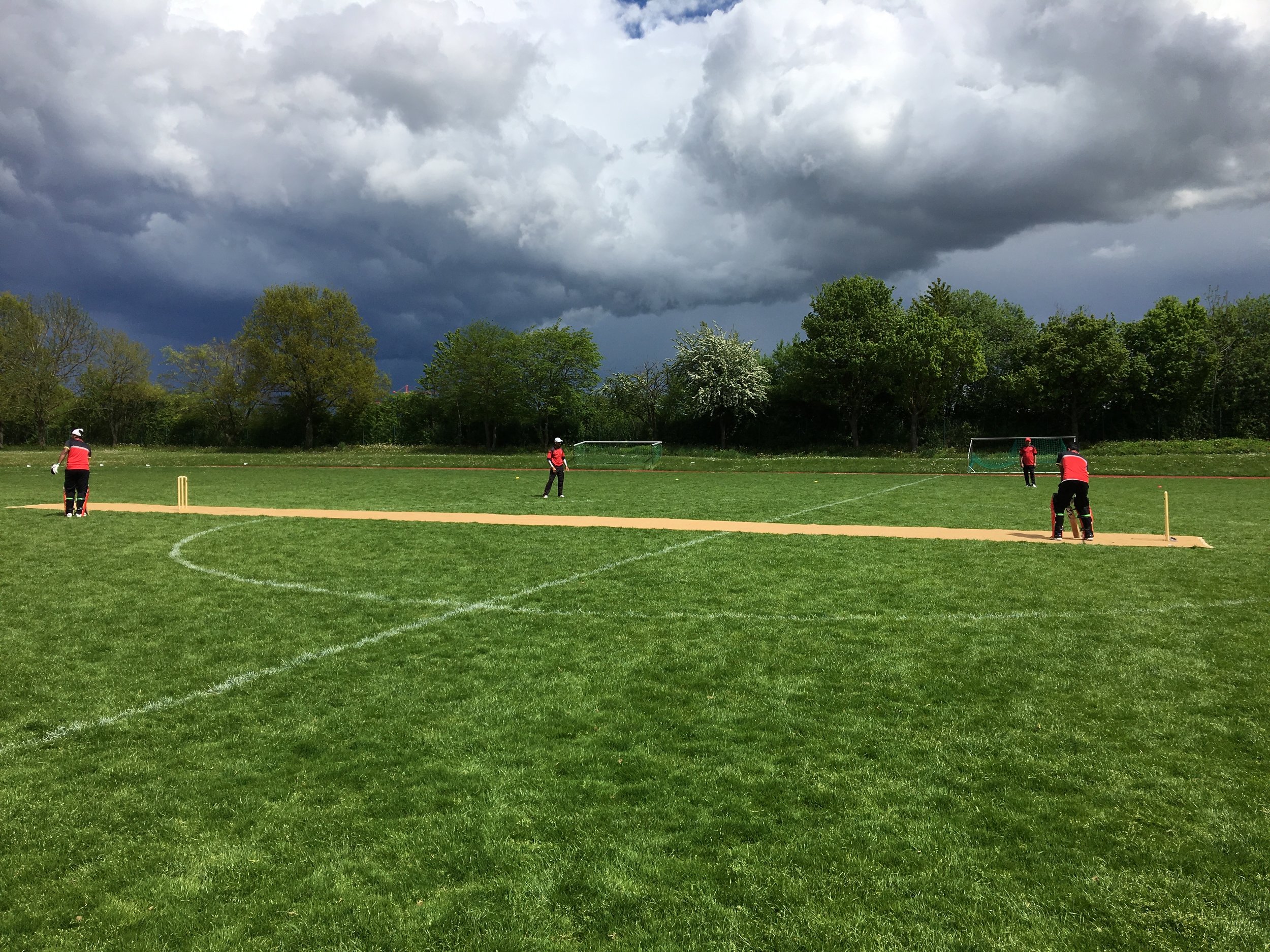
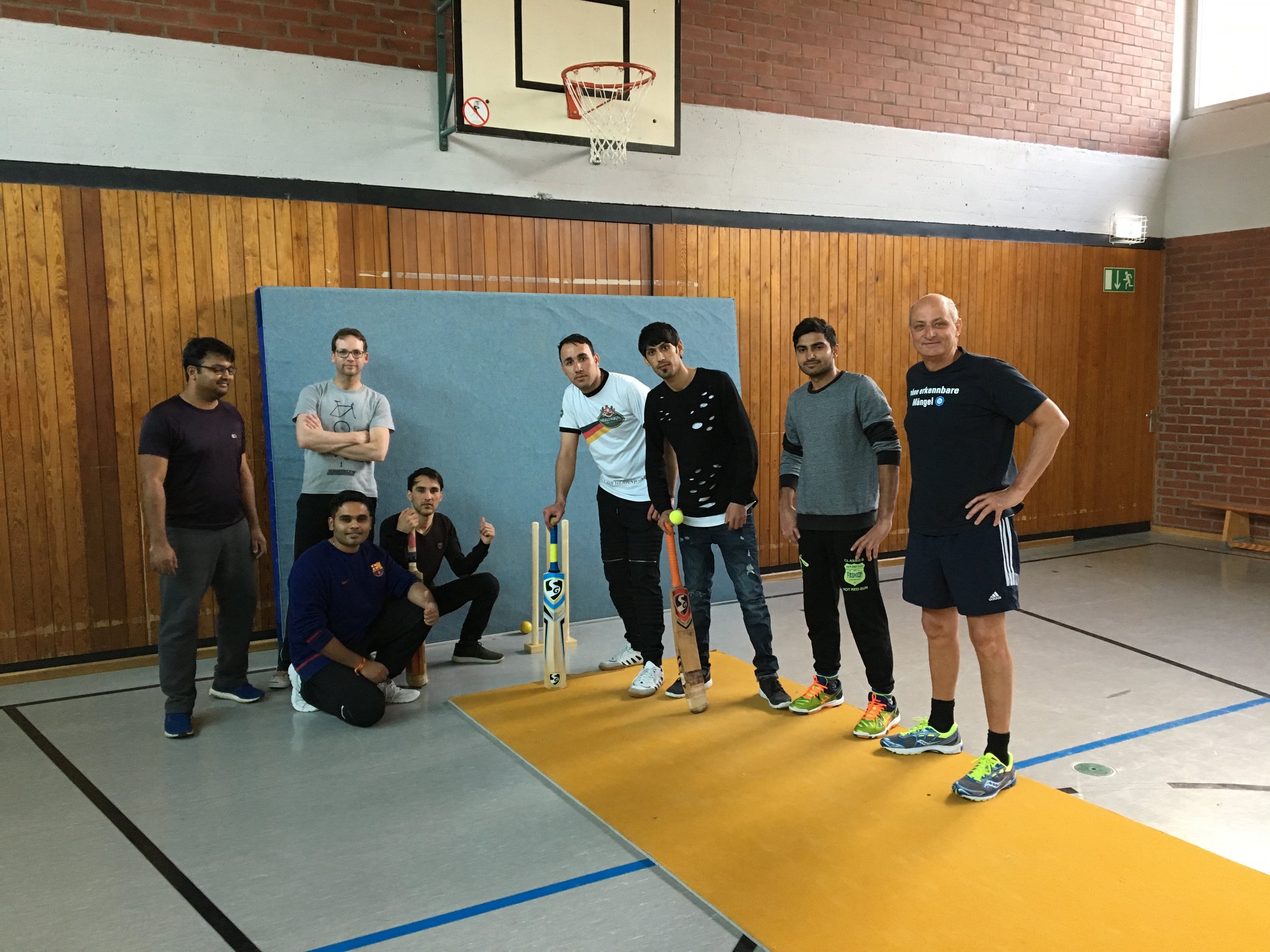
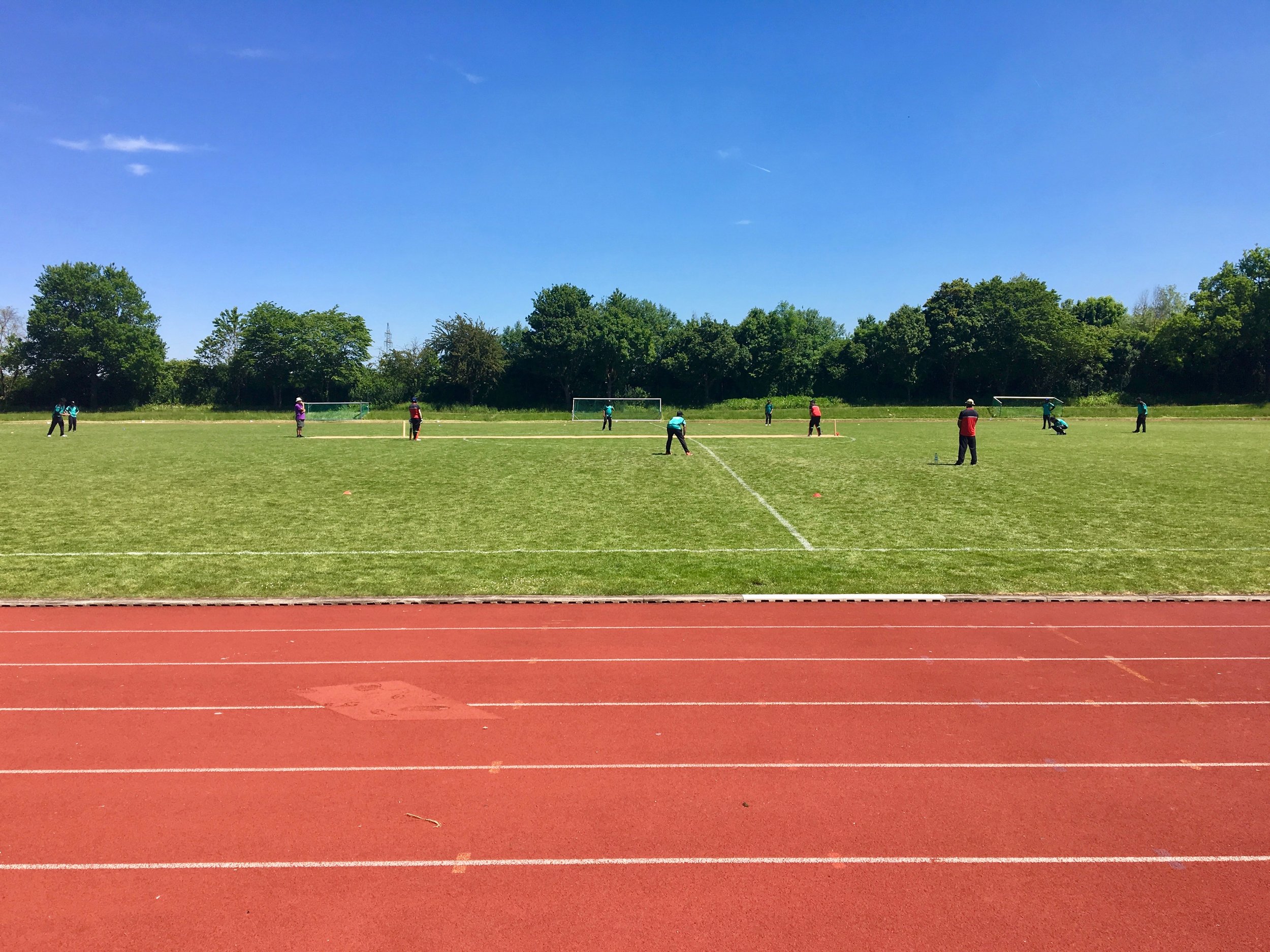


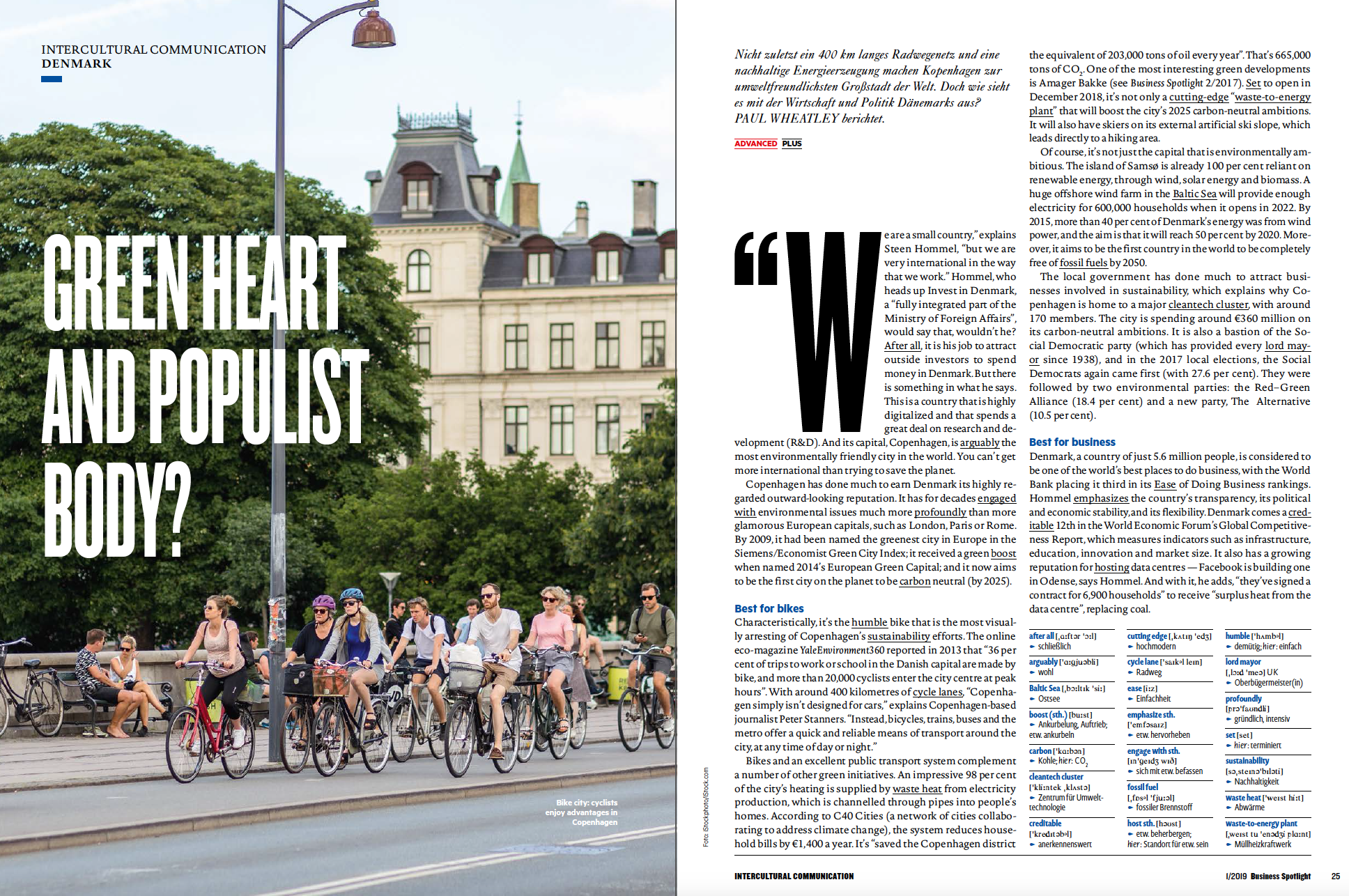
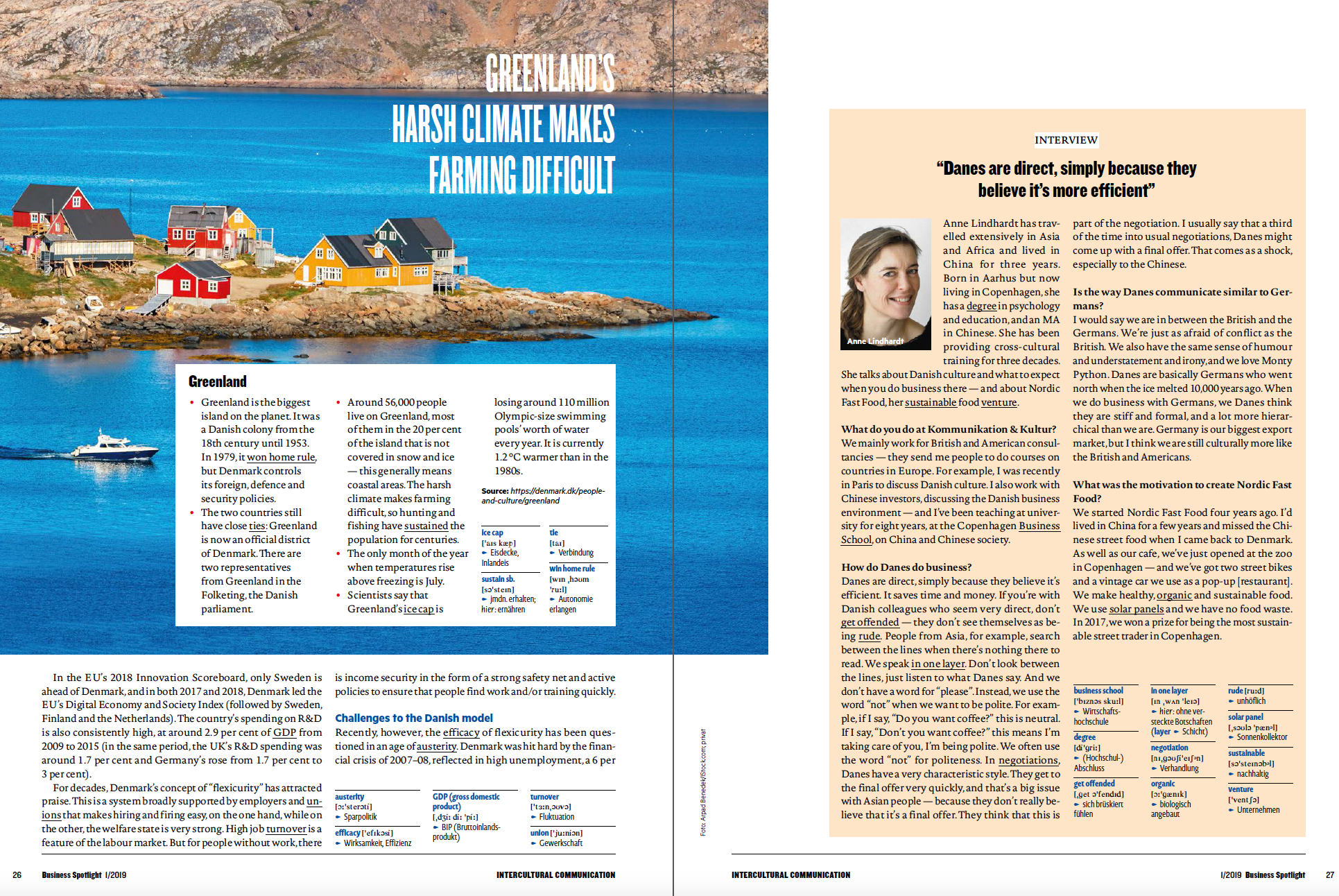
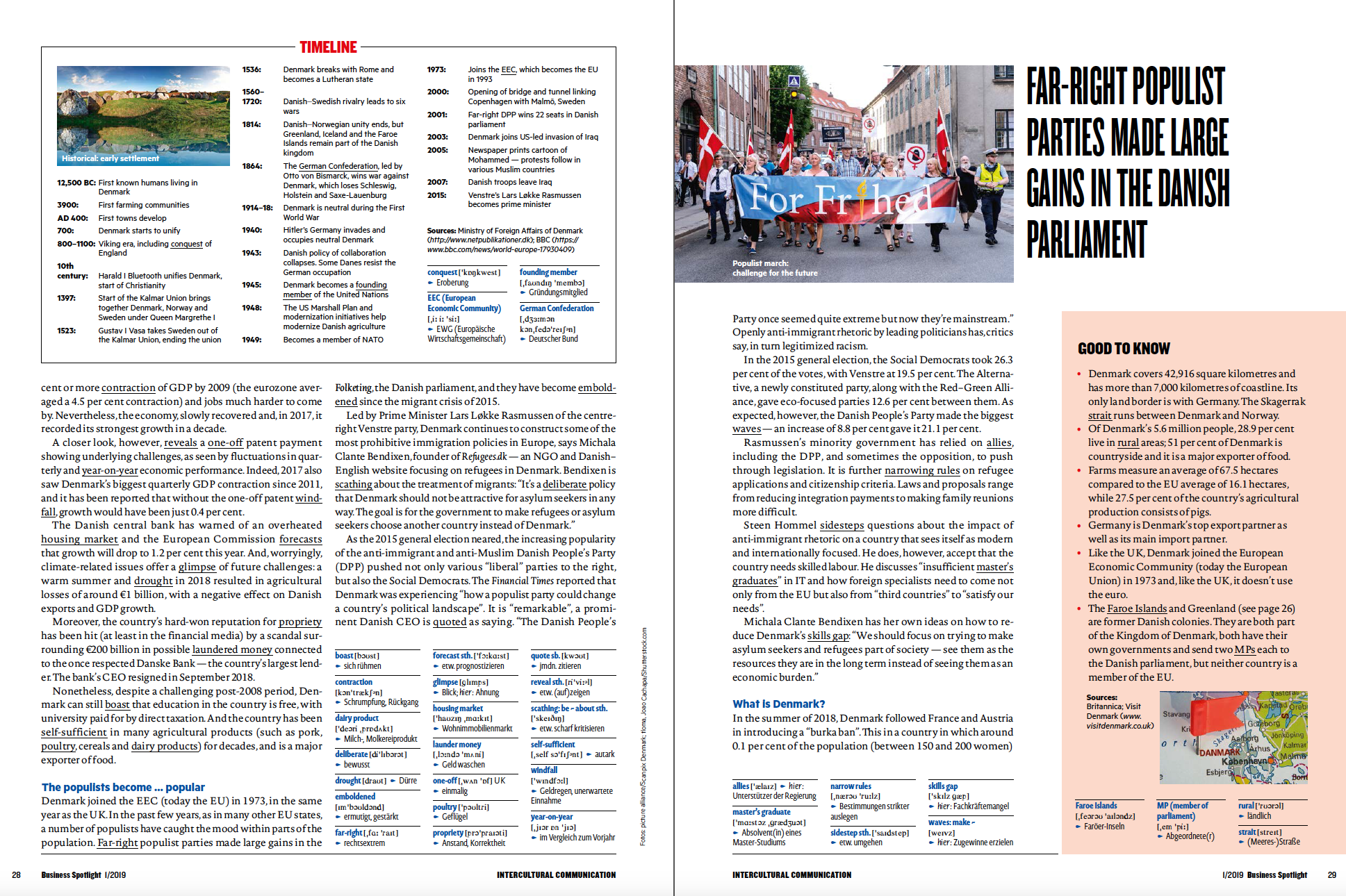
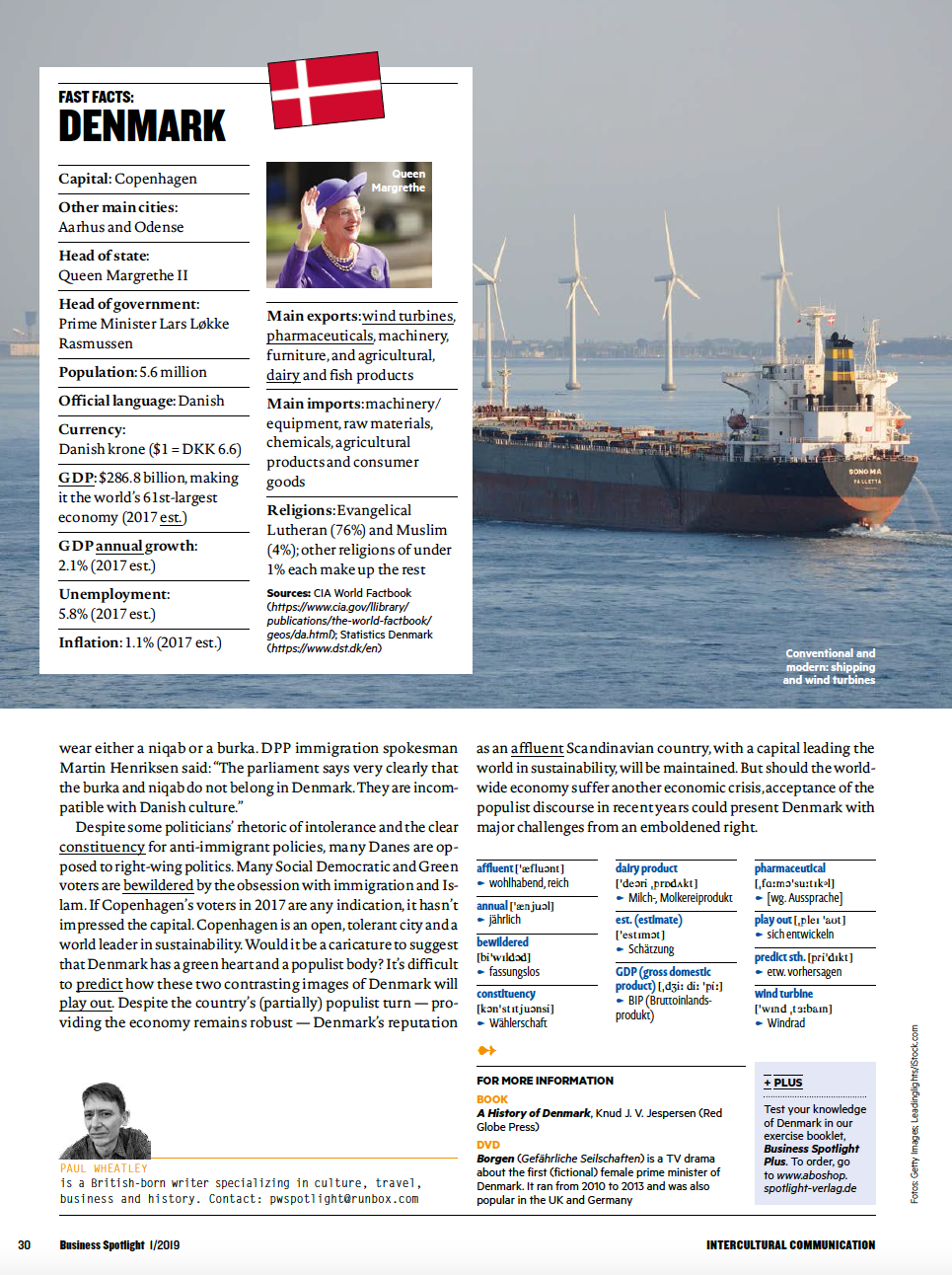








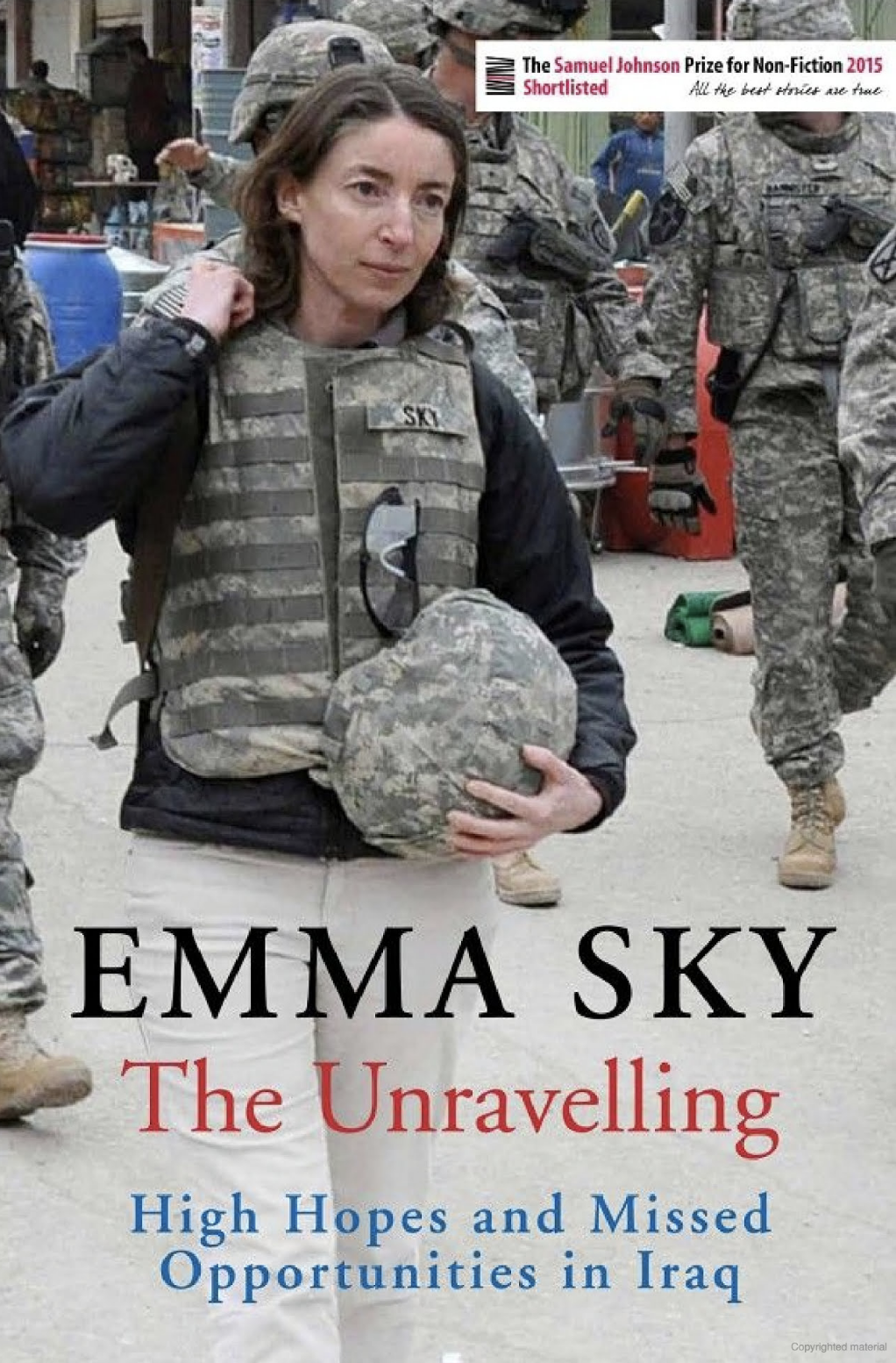


![King of the Vikings virtual reality exhibition and the world’s largest Viking sword, carved on a fallen tree [© Paul Wheatley]](https://images.squarespace-cdn.com/content/v1/5aab94b796d45585b7f8d5c1/1542102434785-EU2LS6N05CNH7Z2PCJFX/IMG_0496.JPG)
![Carved from a single tree, the Viking sword has a multitude of markings [© Paul Wheatley]](https://images.squarespace-cdn.com/content/v1/5aab94b796d45585b7f8d5c1/1542102541159-KMFN6PVX5LTN73V0MOYW/IMG_0498.JPG)






